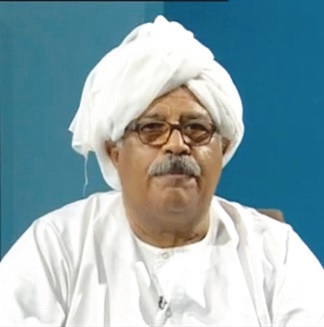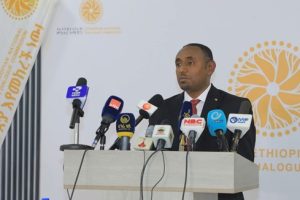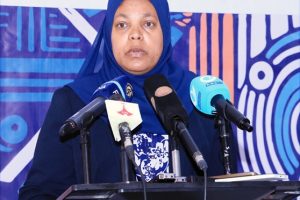
ADDIS ABABA – Ethiopia’s hydropower generation dams including the Grand Ethiopian Renaissance Dam (GERD) in the River Nile would have a significant importance to Sudan and the entire East African region, Sudanese former Irrigation Minister said.
In his interview with Sudan’s TV program, Dialogue Horizon, the ex-minister Osman Altoom (PhD) stated that Ethiopia’s construction of hydropower dams on the River Nile would bring importance to regulate the flow of water to Sudan and curtail the occurrence of flooding by decreasing evaporation. “The construction of more hydropower dams by Ethiopia would bring more benefits to the Nile lower riparian countries,” Altoom noted, adding that the completion of the GERD would also have positive outcomes to his country.
“The GERD will have a constant flow of 130 million cubic meters per day and it will be just like the Aswan dam for Egypt. Through availing a regular flow of water to all Nile downstream countries, Ethiopia’s mega dam could create an opportunity to Sudan need not to store a lot of water in its dams as it can operate its dams at a lower.”
Noting that the GERD is mainly used to generate electricity, the former minister indicated that accusations that politicians of downstream countries spread about Ethiopia’s exploitation of the mega dam to irrigation and reducing their share from Nile waters is unsubstantiated. The study conducted by American Bureau of Reclamation identified four sites for hydropower generation dams such as Karadobi, Mandaya, Bikabou and the GERD. The study highlighted that all the dams are meant to power generation.
As to him, Sudan has also been conducting studies on the utilization of Nile River over years and the report came up in 1964 just at the time when Egypt was building the highest Aswan High Dam. The studies clearly recognized that any hydropower generation dams in Ethiopia are beneficial to Sudan in reducing water evaporation and regulating water flow.
“The replacement of Trump by Biden in the U.S. Presidency is considered a blessing in the Nile basin especially for Sudan and possibly for Egypt and Ethiopia and I think the recent remark of the U.S. senators indicated the change in the narratives.” Reaching an agreement and working together would enable countries to ensure economic integration in the Horn of Africa, especially to create eastern Nile economic block between Ethiopia and Sudan and the implementation of the block would address problems, Altoom remarked.
BY TSEGAYE TILAHUN
The Ethiopian Herald May 13/2021




